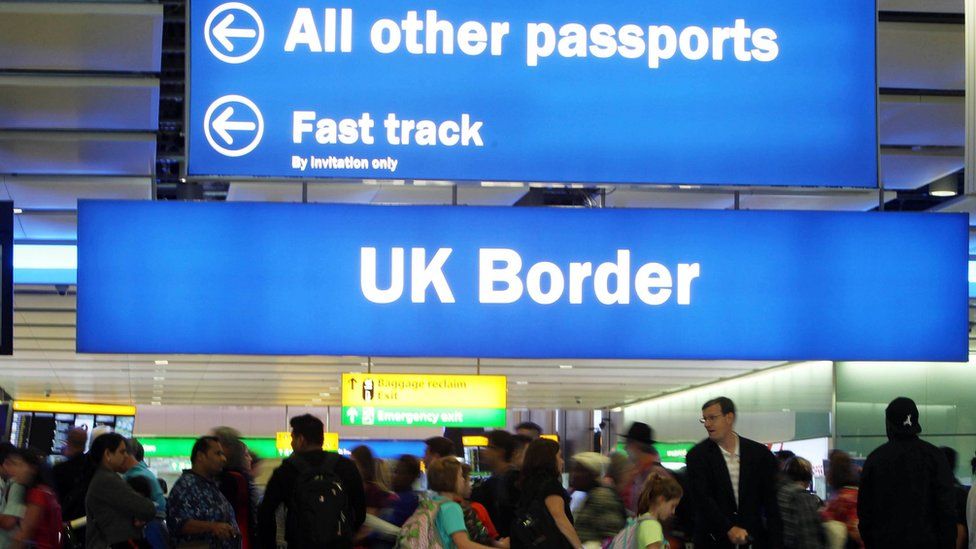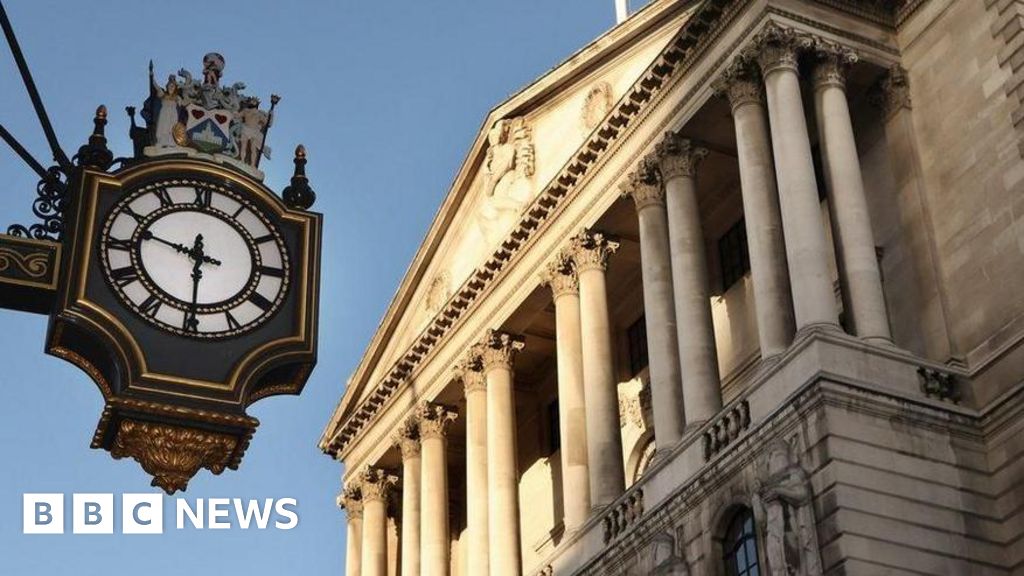ARTICLE AD BOX
 Image source, PA Media
Image source, PA Media
By Chris Mason
Political editor, BBC News
On migration policy, the government confronts a transparent, significant and emotionally-charged failure.
A failure against its own promises and targets.
That is why this week their focus is on trying to do something about it.
Firstly, legal net migration.
It has shot up to record levels, and is currently three times what it was when the Conservatives won the last election and promised it would fall.
Little wonder so many Tory MPs are desperate to see it come down.
And secondly, illegal migration. The prime minister has promised to 'stop the boats'.
The numbers are down on last year, but still high - and the government's plan to send some to Rwanda has been bogged down in multiple courts, over an even greater multiple of months.
And so, before Boris Johnson does what he does best - grabs attention - at the Covid Inquiry on Wednesday and Thursday, expect two days of the latest iterations of the government's migration plans.
Firstly, on Monday afternoon, the plans for legal migration - and getting the numbers coming here down.
I am told relations between the Home Office and Downing Street are considerably improved since the sacking of former Home Secretary Suella Braverman.
For the last few weeks the prime minister has been working with the new Home Secretary James Cleverly and the Immigration Minister Robert Jenrick to come up with a plan.
Robert Jenrick had presented Rishi Sunak with a plan - the details of which I wrote about here about 10 days ago.
We'll be able to measure what the government announces against this wish list - from what I hear the announcement and what was being called for privately may be similar.
Look out for details on a salary threshold, the rights of migrants to bring dependents and whether the Shortage Occupation List is retained, for instance.
We will also be able to measure the government's plan against the one Suella Braverman said she called for in government.
The key question is whether it will make any difference in bringing the numbers down.
And next, on Tuesday, the Rwanda plan.
It looks likely James Cleverly will fly to Rwanda to sign a treaty.
After that, as soon as Wednesday, a planned new law relating to it will be introduced in the Commons.
Ministers say part of their plan for beefing up the deal with Rwanda is seconding British lawyers to Rwandan courts.
Incidentally, I am detecting scepticism in the Home Office about withdrawing from or somehow exempting the Rwanda plan from the UK's commitments to the European Convention on Human Rights.
The argument goes that the ECHR and the UK's membership of it is useful for the bits of illegal migration policy that actually work: the returns agreement with Albania, cooperation with France.
But there are plenty of Conservative backbenchers who are fed up with the European Convention and desperate to remove any obstacles to the Rwanda plan.
The key question again when we step back from the detail on all this is just the same as with legal migration: How soon could this make a difference?
Ministers say they are committed to getting migrants on planes to Rwanda by the spring.
Plenty, within the Conservative Party and beyond, think that is highly unlikely.

 1 year ago
30
1 year ago
30








 English (US) ·
English (US) ·